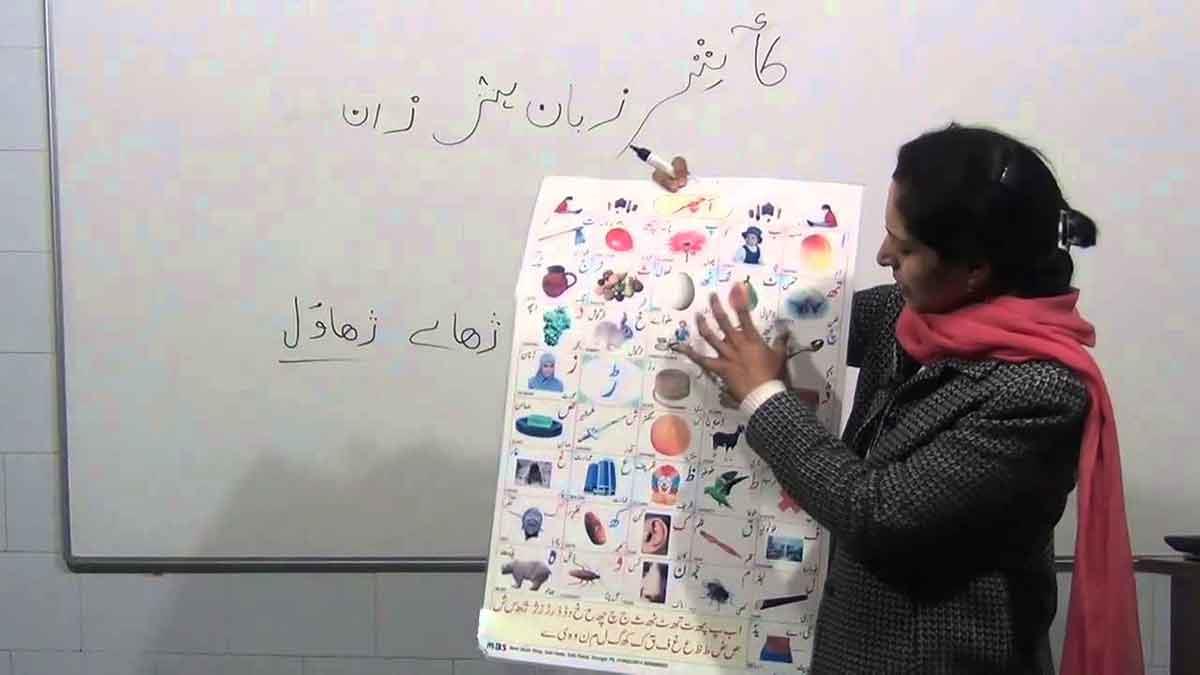
Letter To Editor: Kashmir Is Forgetting Its Own Words
File Photo
Language carries memory. It shapes identity and turns emotion into expression. For Kashmiris, that language is Koshur, spoken for centuries across the valley.
It is inheritance that lives in lullabies, folk tales, and the verses of saints. But every day, fewer Kashmiris pass it on.
The Census of 2011 counted nearly 6.8 million Kashmiri speakers. The Constitution includes it in the Eighth Schedule. Its script even appears on Indian currency notes. On paper, the language holds recognition. Inside Kashmiri homes, however, the story is starkly different. Urdu and English dominate.
A recent study found that only two out of ten children in private schools speak Kashmiri fluently with their grandparents. In families that once prized the mother tongue, silence now fills the gap.
This erosion comes from our choices. Parents, convinced that Urdu or English signal upward mobility, abandon Kashmiri in their living rooms. Schools sideline it in classrooms. The result is stigma.
Speaking Kashmiri now carries the false label of being less educated or less refined. The very people who inherited this language now look away from it.
History tells us another path. In the 14th century, when Persian ruled as the court's language, Sheikh ul Alam, the valley's most revered Sufi saint, wrote and preached in Kashmiri. His shruks, brief couplets of wisdom, elevated Koshur to a language of philosophy and faith. He made a deliberate choice: to speak to people in their mother tongue. His decision gave Kashmiri dignity and strength.
Today, the valley faces the opposite choice. If parents continue to prize English greetings over Kashmiri ones, and if schools treat Koshur as a token subject, the language will weaken into irrelevance. Once declared endangered, no official recognition can bring it back.
Preserving Kashmiri requires immediate action. Parents must speak it at home. Teachers must use it in classrooms. Private schools must stop treating it as an elective. Artists and writers must create in Kashmiri, bringing the language into films, podcasts, and digital platforms. Each effort matters, because every word spoken keeps the language alive.
This is not about rejecting English or Urdu. Kashmir needs those languages to engage with the world. But no borrowed tongue can replace the intimacy of one's own.
Losing Kashmiri means losing the phrases that carried our ancestors' love, sorrow, humour, and wisdom. It means severing the soul's connection with its voice.
Sheikh ul Alam showed us that the mother tongue has the power to carry truth across centuries. The choice now rests with us.
If we speak Kashmiri, it survives. If we neglect it, we bury it.

Legal Disclaimer:
MENAFN provides the
information “as is” without warranty of any kind. We do not accept
any responsibility or liability for the accuracy, content, images,
videos, licenses, completeness, legality, or reliability of the information
contained in this article. If you have any complaints or copyright
issues related to this article, kindly contact the provider above.
Most popular stories
Market Research

- New Cryptocurrency Mutuum Finance (MUTM) Raises $15.8M As Phase 6 Reaches 40%
- Noveba Brings Apple Pay To Customers
- Mutuum Finance (MUTM) Approaches Next Phase With 14.3% Price Increase After Raising $16 Million
- Cregis And Kucoin Host Institutional Web3 Forum Discussing Industry Trends And Opportunities
- Primexbt Expands Crypto Futures With 101 New Coins, Delivering Best-In-Class Trading Conditions
- BTCC Exchange Announces Triple Global Workforce Expansion At TOKEN2049 Singapore To Power Web3 Evolution



















Comments
No comment